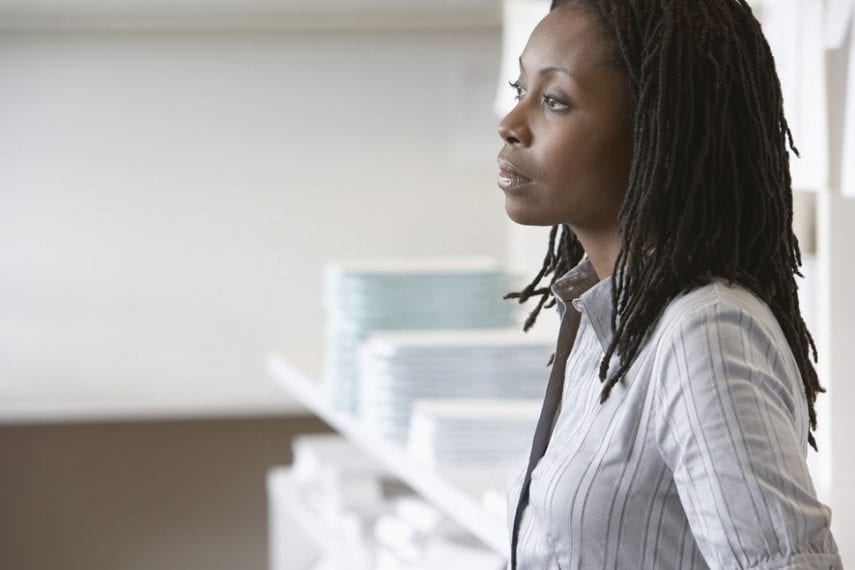Life After an Overdose: Next Steps for Parents of Addicts

After your child endures an overdose of drugs or alcohol, it can be extremely challenging to get perspective and to see the way forward. But with compassionate professional support, you can pave your own path toward recovery even as you learn how to be a positive source of support for your son or daughter moving forward.
If you believe someone is currently experiencing an overdose of drugs or alcohol, please call 9-1-1 for critical medical attention immediately.
Justine almost lost her son to a heroin overdose. Almost. He survived. She still feels the need to reassure herself of that fact every day. And, yet, she wonders why she trips a little bit over that thought: he survived.
He hasn’t been himself for a long time—even before the overdose. And for most of that time, she has been completely focused on his story: his scares, his apparent improvements, and anything that might be a good diversion from the drug and the culture that surrounds it. She can admit that she hasn’t been thinking about her own health. And she hasn’t been considering the possibility that her well-intentioned efforts of support may not have been altogether helpful for her son. It’s incredibly challenging to gain perspective from outside the box of substance use disorders. And it’s difficult to accept that surviving overdose and addiction is hard work for everyone involved.
Fortunately, Justine has a chance to consider carefully what life after an overdose looks like for a parent. A friend encouraged Justine to get some professional help of her own from a therapist. For the first time, she is able to recognize certain important boundaries between her son and herself. She is able to witness the powerful grief she has been going through, as well as the trauma and depression she has been unable to process up until this point. Just as her son’s best hope of recovery is in a healing community, so is Justine’s best hope of recovery in the context of compassionate and knowledgeable support.
Getting Perspective After Your Child's Overdose
While many of life’s challenges tend to be very closely linked, it can be helpful to take a step back and begin to draw lines between distinctive struggles. When your son or daughter struggles with addiction and especially when they face the dangers of overdose, the powerful emotions you experience are actually important symptoms that can help guide you through your own journey. But they can also make forward progress particularly difficult, and it’s very helpful to have a therapist you can open up to.
Not only is therapy a place where you can safely bring all of those powerful thoughts and emotions, but it is also an opportunity to process your experiences in a productive direction. An experienced clinician can help you to take care of your own mental and emotional health while also supporting your daughter or your son in ways that are meaningful and in ways that do not enable their substance use disorder.
With help, you can begin to draw distinctions among:
- Your child’s addiction and its implications. The consequences of their overdose, including any physical, cognitive, or emotional damage. And the related solutions moving forward.
- Your own overall health, grief, and pain. And your commitment to your personal goals and desires in life.
- The relationship with your son or daughter, as well as the complicated dynamics of the family disease of addiction.
Of course, these various priorities are interconnected, but it’s important to be able to bring them all into perspective. When you’re caught up in the storm of addiction, it’s easy to let things fall too far down in the pile or to confuse the goals and responsibilities when parenting an addict.
Begin Your Recovery Journey.
877-727-4343Paving Paths for Recovery After an Overdose
It’s very difficult to accept the realities of addiction—especially with someone as close to you as your child. It’s difficult to unwind their responsibilities and their pain from your own. It’s difficult not to blame yourself for their struggles or to wonder what you could have done differently to effect a more positive outcome in their life. But self-blame is not a positive coping strategy any more than are denial or codependence or abusing substances yourself.
It is not at all uncommon to develop anxiety, depression, and other conditions of mental and emotional distress when a loved one is caught in a battle with addiction. And enduring a traumatic experience such as your child’s overdose can make your distress even more likely and even more serious.
You need ways to cope. There’s no doubt about that. But there are ways that take you down a path of further confusion and suffering. And there are coping strategies that help you to reclaim your strength, your hope, and your perspective to keep you grounded in the present and in your own life. Now is the time to accept this positive path of strength, and along this path, you’ll find invaluable assistance and compassionate support.
Bridges to Recovery offers comprehensive treatment for mental health disorders as well as process addictions and phase of life issues. Contact us to learn more about our renowned Los Angeles programs and how we can help you or your loved one start on the path to healing.






